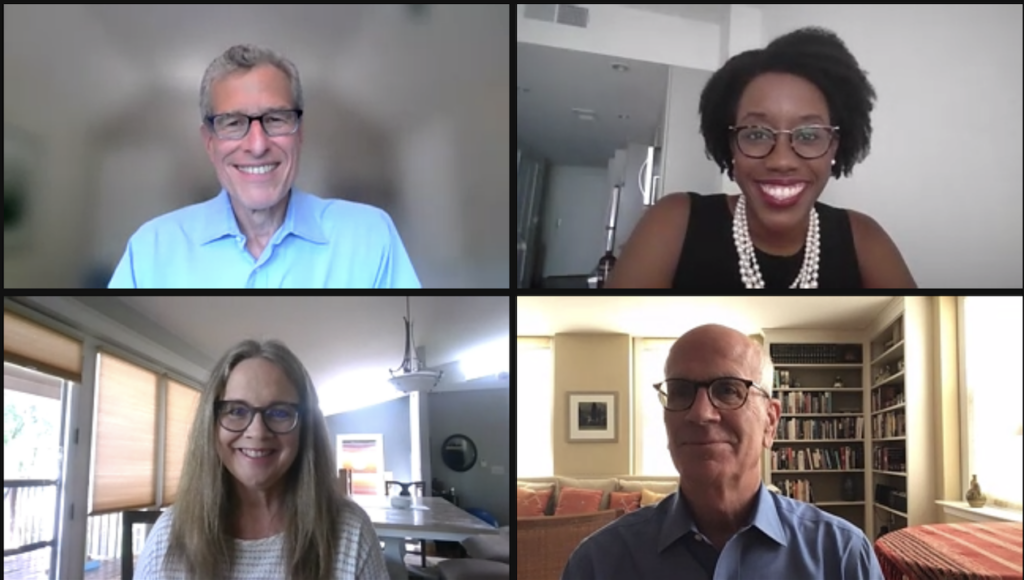The Inflation Reduction Act will lower costs and improve health care for millions of Americans, with help on the way in just a matter of months. In 2023 alone, this historic legislation will extend lower health care costs, cap the monthly cost of insulin at $35 for seniors, stop many of Big Pharma’s egregious price hikes, and provide needed vaccines at no cost. These policies will be a lifeline for millions of Americans, particularly seniors, people of color, rural Americans, and people with disabilities, starting just next year. Lawmakers have long promised to lower health costs and rein in high drug prices — and President Biden and Democrats are actually getting the job done now.
Help Is On The Way Starting In 2023
- 13 million Americans will save on their health insurance premiums, saving an average of $2,400 per family.
- 49 million Medicare Part D beneficiaries will no longer face Big Pharma’s outrageous price hikes that exceed inflation.
- 3.2 million Medicare beneficiaries will have the cost of insulin capped at $35 each month.
- 49 million Medicare beneficiaries will have access to no cost vaccines, such as Shingles and pneumonia, starting in 2023.
The Inflation Reduction Act Lowers Prescription Drug Prices
Puts An End To Outrageous Price Increases. The Inflation Reduction Act stops Big Pharma from raising Medicare drug prices faster than the rate of inflation beginning in 2023. For example, Humira, a medication commonly used to treat rheumatoid arthritis, is one of the nation’s highest revenue generating drugs, raking in $21 billion in sales in 2019. AbbVie, Humira’s manufacturer, has hiked the price of Humira 27 times, including in January 2021 when it raised its cost by 7.4 percent. Over the past 20 years, price increases for brand-name drugs in Medicare Part D have risen at more than twice the rate of inflation.
Makes Insulin Accessible And Affordable. Insulin copays for Americans on Medicare will also be capped at $35 each month beginning in 2023.
Provides No Cost Vaccines. All adults on Medicare Part D will have access to covered vaccines, such as Shingles and Tdap, at no cost starting in 2023.
The Inflation Reduction Act Lowers Health Insurance Premiums
Lowers Health Insurance Premiums for Millions of Americans. A record breaking 14.5 million Americans enrolled in an ACA marketplace plan in 2021. Right now, nearly 13 million people, or 89 percent with an ACA plan, are receiving enhanced premium tax credits, making their coverage affordable and accessible. The Inflation Reduction Act will save the average American family $2,400 a year.
Caps the Amount of Money Families Pay for Health Insurance. The Inflation Reduction Act ensures families pay no more than 8.5 percent of their income towards coverage. This will help middle and working class families facing excessive premiums or living in high-premium areas. Before the American Rescue Plan, middle class families spent an average of 15 percent of their incomes on health insurance. The subsidies are designed to benefit those who need it most, and they are already means tested, which means the higher your income, the smaller your tax credits become. A family whose health insurance premiums alone — not including deductibles — are less than 8.5 percent of their income receive no tax credits at all.
Addresses Health Care Equity By Expanding Coverage for Communities of Color. The Center on Budget Policy and Priorities estimates the increased savings continued under the Inflation Reduction Act will cause a sharp decline in the uninsured rate across every racial group, with one in three uninsured Black adults gaining coverage. Prior to the American Rescue Plan, more than 11 million uninsured adults were eligible for premium tax credits, with people of color making up roughly half of the group. The premium savings provided in the American Rescue Plan have made more than 65 percent of uninsured Black adults eligible for zero dollar premium plans and 75 percent eligible for plans less than $50 a month. For uninsured Hispanic and Latino adults, now more than 68 percent are eligible for zero dollar premium plans and nearly 80 percent can access plans for less than $50 a month. Health coverage access is imperative to reducing racial disparities in health coverage across the nation.
Eliminates Premiums For Low-Wage Workers. The Inflation Reduction Act ensures no American with an income at or below 150 percent of the federal poverty level buying their coverage on the Marketplace will pay a premium.
Cuts Costs For Rural America. Thanks to the provisions in the Inflation Reduction Act, roughly 65 percent of rural Americans will have access to zero dollar premium health coverage and more than 76 percent will be able to find a plan for less than $50 a month, narrowing the coverage differences between rural and urban America.

